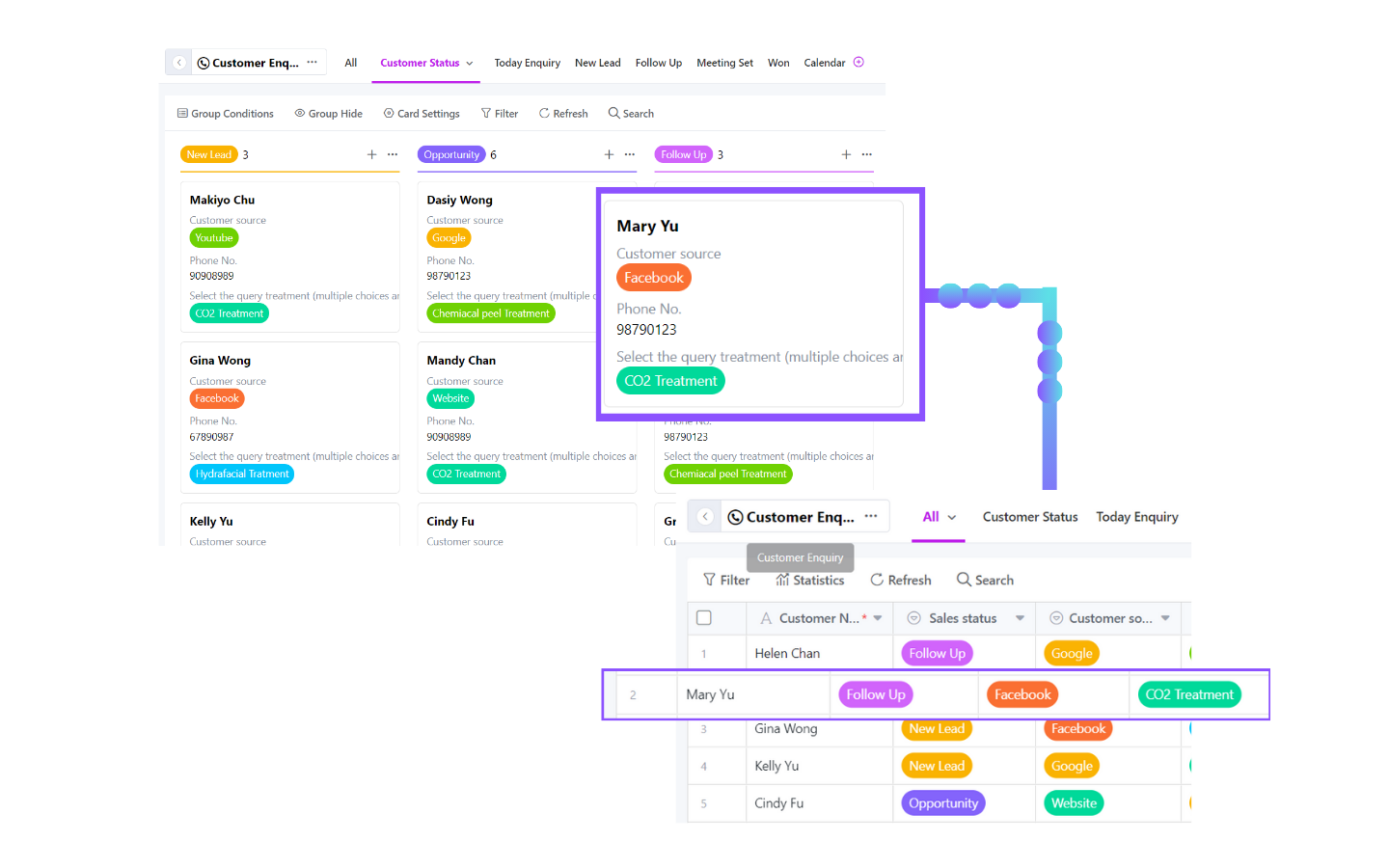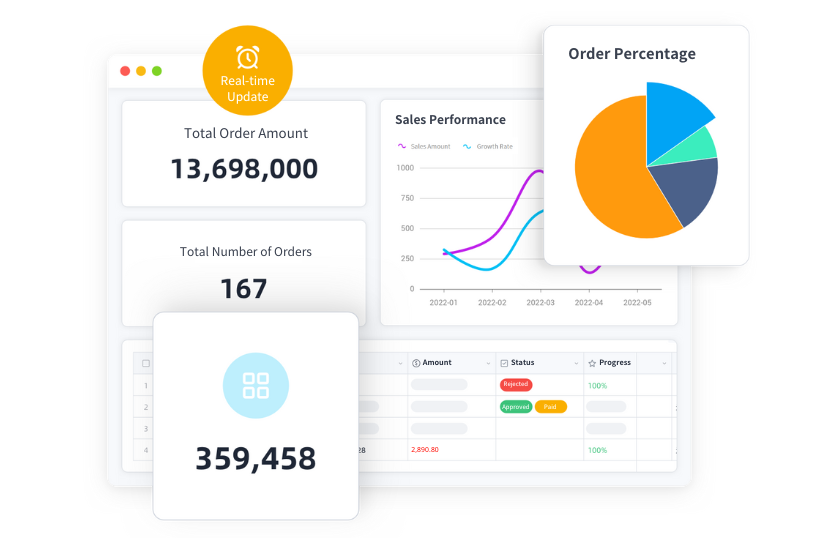
Assisting businesses in integrating data from various sources, reducing errors and inconsistencies.



Centralized Data

Centralizing Disparate Data Sources
Companies often collect data from various sources, including sales, customer feedback, social media, website analytics, etc. These data are typically scattered across different systems and tools, making data consolidation complex and time-consuming.

Data Quality

Reducing Data Redundancy
Data quality is often a concern. Data may contain errors, be incomplete, or outdated, leading to inaccurate analysis and decision-making. YOOV system's data association feature accelerates the decision-making process. Employees can access and analyze data more easily, reducing uncertainty in decision-making. This results in quicker responses and wiser decisions.

Departmental Data

Easily share data between departments
Different departments is often isolated, hindering effective data sharing. This limitation restricts the ability of the business to gain insights from the overall data. Related-Data improve the efficiency of data management. Employees no longer need to spend a significant amount of time on data integration and transformation but can focus on data analysis and gaining insights. System data integration facilitates data sharing between different departments, further enhancing collaboration and information sharing.

Manual Data

Manual Data
In many cases, Companies still rely on manual data handling. Employees spend a significant amount of time copying and pasting data from one place to another, which not only wastes time but also introduces the risk of errors. Related-Data ensuring consistency of relevant information across different datasets is achieved, reducing issues of data inconsistency. Additionally, data relationships facilitate information sharing among different business functions, thereby enhancing collaboration and cross-departmental coordination.

Data Integration

Data Integration
Due to the complexity of data organization and analysis, Companies may miss opportunities for timely insights. They might struggle to quickly identify market trends, customer demands, or potential issues, leading to a loss of competitive advantage. YOOV system eliminates the problem of scattered data by integrating data from different systems into a comprehensive data warehouse, making data more accessible and manageable. This means that data can be easily accessed regardless of its location, without the need to jump between different systems.

Real-time Data

Real-time Data
Companies with integrated data correlation systems can achieve real-time data analysis, facilitating quicker responses.

Centralizing Disparate Data Sources
Companies often collect data from various sources, including sales, customer feedback, social media, website analytics, etc. These data are typically scattered across different systems and tools, making data consolidation complex and time-consuming.
SMEs often collect data from various sources, including sales, customer feedback, social media, and website analytics. This data is typically scattered across different systems and tools, making data consolidation complex and time-consuming.
Break the data silos
Data correlation systems can also break down data silos, making it easier for data from different departments to be shared. This promotes better collaboration and coordination, contributing to overall business operational improvements.

Improve work efficiency
Digitization not only unifies data across different departments but also enhances business processes, improving work efficiency. This means employees can spend more time on analysis and insights rather than data input and organization.














